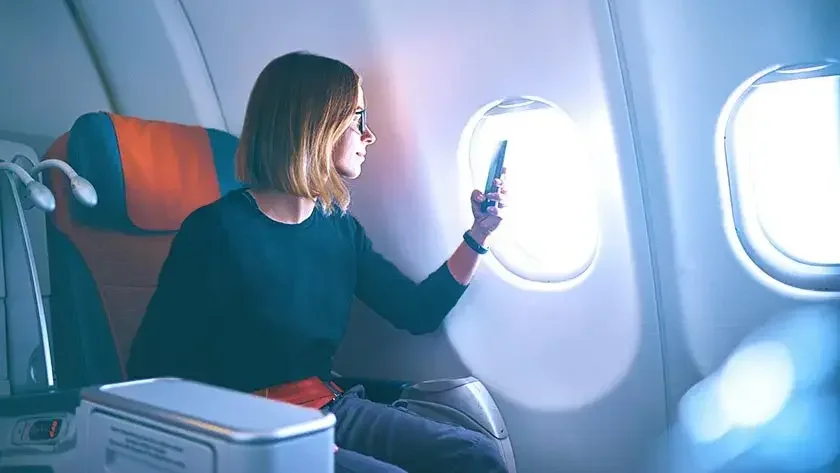Short getaways, family vacations, and solo adventures will likely be on the calendar for many this summer when the country is expected to reach herd immunity, and the economy fully opens.
Despite that realization, summer travel will be much different this year from the pre-pandemic era. Consumers should research travel insurance policies before settling on a destination, and upon arrival, be prepared for some hiccups, like slimmer staffs and longer lines.
“Most travel insurance policies will cover cancellations due to COVID-19 closures and quarantines," says Melanie Musson, a travel insurance expert at Tampa, Fla.-based USInsuranceAgents.com, which provides free, online insurance quotes.
Airline policies, though, aren't quite as forgiving as they were last year, she warns.
“Often, if you want the option of free cancellation, you'll have to purchase more expensive tickets," Musson adds. “Basic economy seats won't usually include free changes or cancellations."

Insurance tips
Chelsea Capwell, spokesperson for Travel Insurance Master, an online travel insurance aggregator based in Brookline, Mass., says travelers can purchase domestic plans that offer reimbursement benefits on non-refundable, prepaid trip expenses, such as campground reservations or RV rentals if the policyholder has to cancel or shorten a trip under a covered reason.
Plans with 24-hour assistance can help with travel documents, ticket replacements, emergency cash transfers, medical assistance, and evacuations, among other issues.
“You can buy your travel insurance up until the day before departure, however for the most benefits, it's best to buy early," Capwell recommends. “Usually within 10 to 21 days of making your first deposit on your trip."
Be patient
Most hotels and resorts are operating with reduced staff, modified hours, and social distancing guidelines in place, according to family travel blogger Keri Baugh, who recently swapped hotels in Miami because of understaffing issues.
“Guests aren't experiencing a resort the way they were expecting," she says. “They need to plan in advance as much as possible by doing research and checking reviews so they know how the hotel is doing at the moment."
Baugh advises travelers to make dinner reservations before arriving at their destination and expect lines everywhere, from National Park entrances to concession stands.
“When we recently traveled to Disney, we stood in line for everything, including going into stores. So plan ahead, do your research, arrive early, and plan for flexibility for meals," she cautions.
International travel concerns
The vaccine rollout in the U.S. has been largely successful, with nearly 126 million receiving at least one shot, according to the Centers for Disease Control and Prevention. Furthermore, 30% of those 18 and older were fully vaccinated, as of press time.
The situation across the globe is vastly different.
“You may think you are going on vacation to escape the pandemic, but traveling abroad right now is more like traveling back in time in the pandemic," says Nate Hake, a former insurance litigator turned travel blogger who was in Argentina during the initial coronavirus outbreak, prompting the country to cancel flights and close its borders
He's advising consumers to ensure their travel insurance policies include trip interruption and trip delay coverage in case of unexpected lockdowns, as well as companion coverage for COVID-19 exposure, diagnosis, and potential quarantine.
Earlier this month, Toronto-based Sherpa released an online, interactive travel reopening map that allows U.S. residents to gauge travel restrictions by country, as well as guidelines for departures and arrivals, COVID-19 testing requirements, quarantine measures, paperwork links, and other policies.
Recent outbreaks and novel, more contagious coronavirus strains prompted France to institute its third national lockdown, while Italy initiated enhanced restrictions through April. Both tourist countries are restricting entry for most international travelers.
“Unless you are traveling to the U.K. or Israel, pretty much any international travel these days involves visiting a place that is still at risk of another wave of cases, lockdowns, hospital overflow, etc." Hake warns. “That's why for many, it probably makes the most sense to travel domestically this summer and save the international trips for next year."

